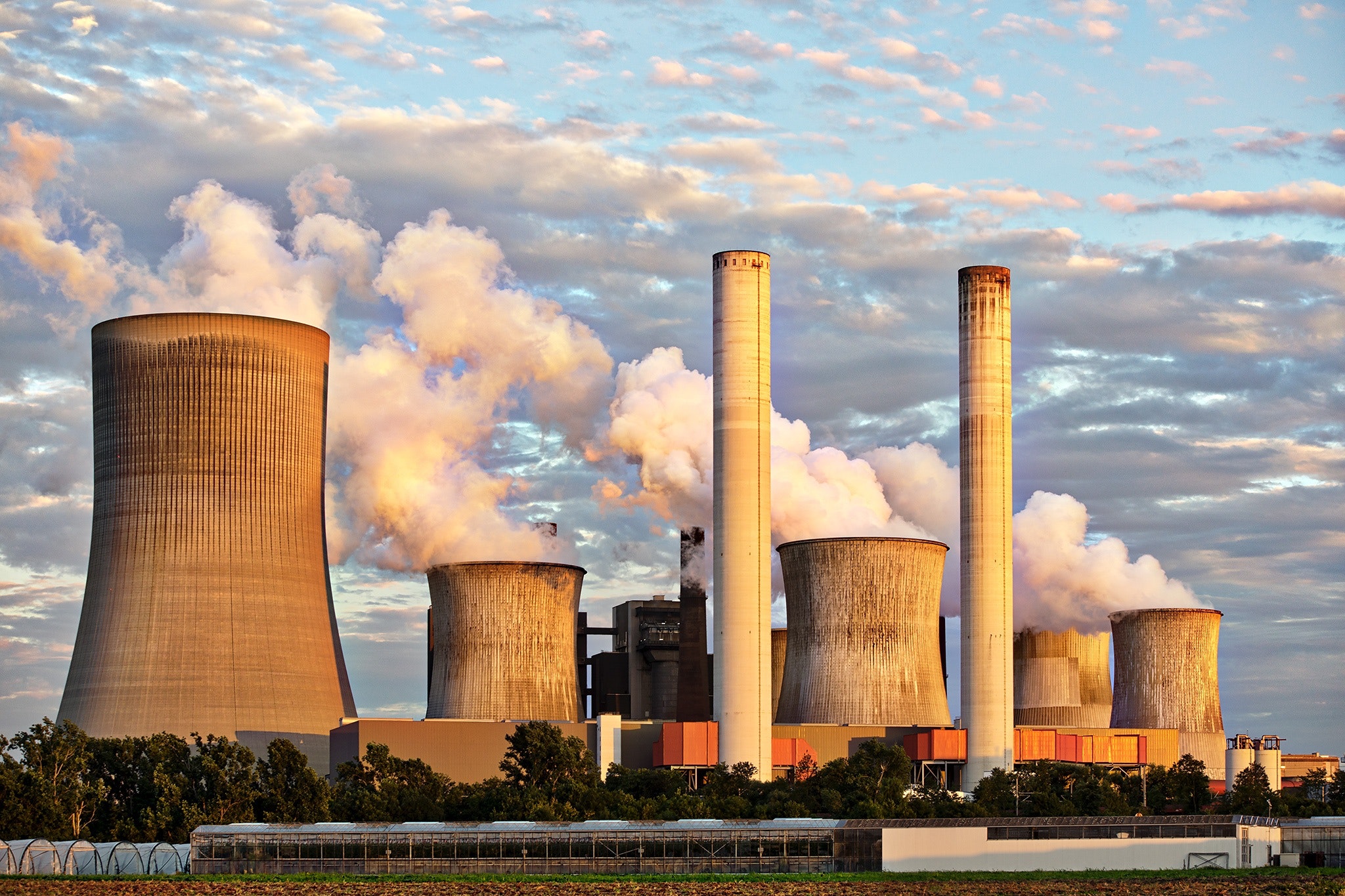Navigating Trade and Security: China's Premier Li Qiang Visits New Zealand and Australia
China's Premier Li Qiang's visit to New Zealand and Australia is set to highlight regional security concerns alongside lucrative trade ties. While beneficial trade agreements and business opportunities will be discussed, differences, particularly around security and over-dependency on China, will also be on the agenda. Both countries seek balanced relations amidst geopolitical challenges.

Regional security concerns will overshadow lucrative trade ties when China's Premier Li Qiang visits New Zealand and Australia this week, with the mood markedly different from the last Chinese premier's visit seven years ago.
Li arrives in New Zealand on Thursday, before travelling to Australia at the weekend, China's foreign ministry said. Australia is the top supplier of iron ore to China, its largest trading partner, but there is competition for Australia's rare earths needed for electric vehicles and defence from Western security allies.
New Zealand was the first Western nation to strike a free trade agreement with China in 2008, and China remains its largest export market for milk and agriculture products, with two-way trade of nearly NZ$38 billion ($23 billion). New Zealand Prime Minister Christopher Luxon said Li's visit was an opportunity for businesses to strike deals, and there was "massive areas of cooperation with China, particularly in the areas of trade, energy, climate change".
Differences would also be discussed, he added. Once a moderate voice on China, New Zealand has toughened its stance, this year calling out Beijing for hacking the country's parliament and noting the growing threat China poses to security in the Pacific.
"Since 2017, the relationship has moved from one which was primarily focused on opportunity to one that is also concerned about resilience and over-dependency," said Jason Young, director of the New Zealand Contemporary China Research Centre at Victoria University. China's ambassador, Wang Xiaolong, last month told a China Business Summit in Auckand that Beijing was not a threat, cautioning against "groundless accusations, which would erode the precious trust we have built up".
PANDA DIPLOMACY In Australia, Li first visits the city of Adelaide, where a panda pair are due to return to China but locals are anticipating their stay to be extended or replacements to be sent.
The panda diplomacy, and lunch with wine exporters until recently shut out of the Chinese market, will smooth over a political dispute that saw A$20 billion ($13 billion) in Australian agriculture and mineral exports suspended by Beijing between 2020 and last year. A poll released on Wednesday by the Australia China Relations Institute in Sydney showed the fallout of the trade blocks was deep public mistrust: 74% said Australia was too economically reliant on China, and 71% saw Beijing as a security threat.
Australia's Prime Minister Anthony Albanese has said Li's visit shows ties had stabilised, even as the two nations compete for influence in the Pacific, and defence force encounters are tense. Australia and China will sit down in Canberra with a "more realistic attitude of what they have in common", said Richard McGregor, Lowy Institute senior fellow for East Asia.
"China still sees value in Australia as a reliable supplier of commodities and they are especially keen to head off any efforts to restrict their access to critical minerals, from rare earths to lithium," he said. While China was Australia's biggest customer and an early investor in its mining sector, the U.S., Japan and Europe are catching up and now want Canberra to restrict Chinese investment, he said.
"But how do you cut off your biggest customer? And will Australia's friends make up for the lost income and investment?" In Western Australia, Li is expected to tour Chinese company Tianqi Lithium's processing plant, and Australian mining and energy company Fortescue.
In an opinion article published in The Australian on Wednesday, Albanese underscored both the importance of trade with China and his government's ambition to cater to global demand for critical minerals with a "made in Australia" policy. "As more nations draw an explicit link between their economic security and their national security, we will ensure Australia's foreign investment framework is more efficient and transparent and more effective at managing risk," he wrote.
Businessman Warwick Smith, who will attend a business leaders roundtable with Li and Albanese in Western Australia, said China was likely to raise Australia's screening of foreign investment, particularly rare earths, as an issue where it wanted partnership. Australia China Business Council president David Olsson said the council expects China's remaining trade ban, on seafood, to be lifted, and also hoped for an easing of visas.
"There is a real need for Australian businesspeople to reconnect and refresh their relationships in China," he said. ($1 = 1.6284 New Zealand dollars, or 1.5124 Australian dollars)
(This story has not been edited by Devdiscourse staff and is auto-generated from a syndicated feed.)
- READ MORE ON:
- China
- New Zealand
- Australia
- trade
- security
- Premier Li Qiang
- rare earths
- diplomacy
- business
- investment
ALSO READ
Stray Cow Breach: Security Lapse Near Uttar Pradesh CM Yogi Adityanath
India Rejects Bangladesh Media Claims of Security Threat
Cow Breach at CM Yogi Adityanath's Event Sparks Security Concerns
India Dismisses Claims of Security Breach at Bangladesh Mission
Zelenskyy Demands Stringent Security Guarantees in Future Peace Deal










